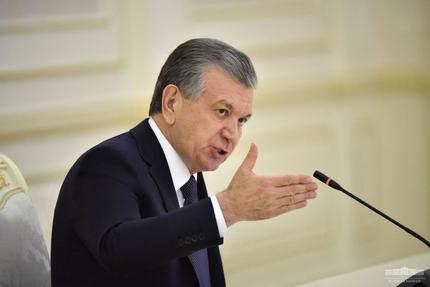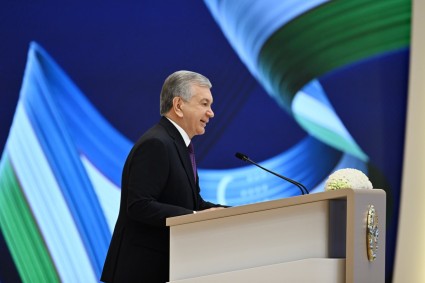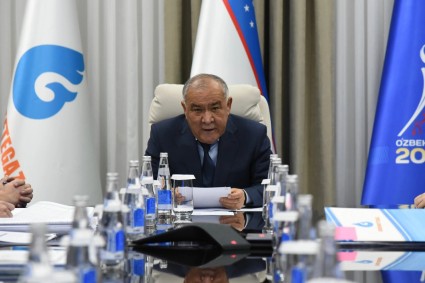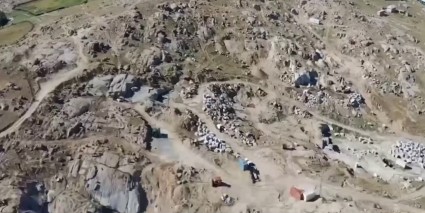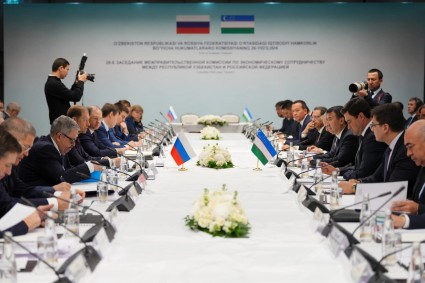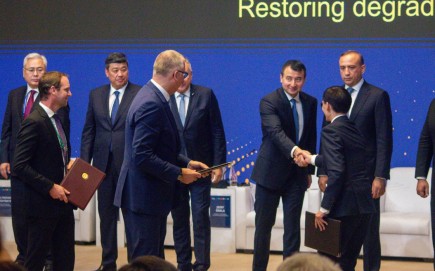At a government meeting today, the President Shavkat Mirziyoyev discussed the ways to further support the textile industry, which makes 3% of GDP and 14% of the country's industrial output.
According to the President spokesman, Sherzod Asadov, over the past five years, $3.5 billion worth of 396 enterprises worth have been launched in the industry, and manufacturing output has reached $10 billion. The sector employs more than 500 thousand people, which is 20% of all industrial workers.
Meanwhile, there is a slowdown in manufacturing and export rates. According to the president, given the international situation, this requires swift measures to maintain manufacturing, jobs and export volumes.
Since 2022, global cotton prices have been declining: over the past three years, the price has fallen from $3,000 to $1,500 per ton. According to the head of state, this creates problems for clusters.
In particular, entrepreneurs are paying off old debts at the expense of the new harvest. The soft loan for the purchase of cotton raw materials, provided for 2022-2023, was extended three times. Last year, a subsidy of 1 million soums per ton was provided to reduce the price of cotton.
Mirziyoyev criticized some companies that, without sufficient capacity for fiber processing, are speculating with cotton at the expense of cheap state resources.
He stressed that the debt of textile enterprises on commercial loans stands at $ 2.2 billion, while 90-95% of loans were issued in foreign currency, and only 16% of enterprises have an international certificate.
"Against this backdrop, how will enterprises compete in the foreign market, how will they repay loans?" — the president asked.
Although there are 10-15 manufacturers of RMGs in each province, schedules on establishing cooperation with brands and switching to modern standards is lagging behind.
In the Andijan, Namangan, Fergana, Navoi and Tashkent provinces, the capacity for processing fiber is 2-2.5 times higher than the volume of their own raw materials.
Despite this, mayors are keeping proposing yarn manufacturing projects when developing provincial investment programs, the president stressed, expressing objections.
He also emphasized the importance of more active assistance to the export of textile products by foreign diplomatic missions of Uzbekistan.

